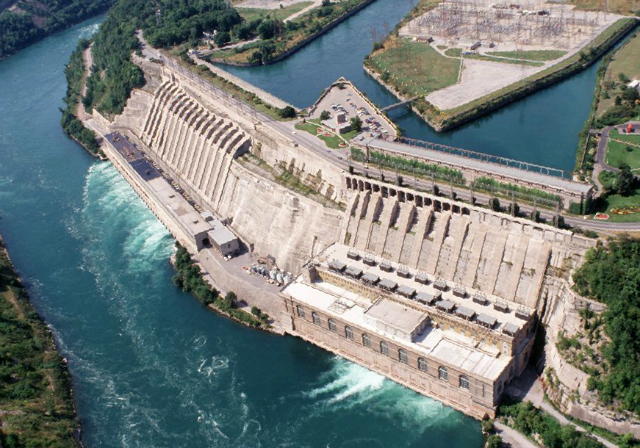A big part of this year’s Ontario provincial elections centered around the Liberal government’s objectives and its role in relation to Hydro One Ltd. (TSX:H), Canada’s largest electricity transmission and distribution service provider.
For those who may not already be familiar with this story, in 2015, then-Premier of Ontario Kathleen Wynne announced that Ontario’s Liberal government would begin to privatize the provincial government’s controlling ownership stake in the power generation company.
The idea was to “liquidate” the governments interest as the sole shareholder of the Crown corporation and in doing so, free up capital that would in turn be re-directed toward initiatives like infrastructure, public transit, and reducing public debt.
However, Wynne’s decision to sell the provinces stake in Hydro One was a move that was criticized by many, including Stephen LeClair, the new financial accountability officer for Ontario.
LeClair warned that the sale of an entity that generated several hundreds of millions in profits annually would lead to a long-term negative financial impact for the province.
In addition, many Ontarians were already steaming at rapidly rising electricity bills, which had increased by 149% between 2006 and 2017, the last five of those years under Wynne’s watch.
So it’s not hard to imagine why Hydro One became such a contentious issue in last spring’s elections.
New boss… not the same as the old boss?
The eventual winner of the election and Ontario’s new Premier, Doug Ford, ran on a campaign that among other things, pledged to “shake things up” at Hydro One and restore the public’s confidence in the utility.
Those plans included the removal of CEO Mayo Schmidt and his $6.2 million compensation package, to be replaced by CFO Paul Dobson as the company’s interim CEO — and the removal of the company’s entire board of directors.
Before Ford and the Progressive Conservatives came to power, the majority of Hydro One’s board of directors had been appointed by the provincial government.
However, with the new change, the new board is expected to be made up of just four appointees from the province with the balance of the remaining six appointed by the company’s largest private shareholders.
Conclusion
Giving private investors greater control over the board only makes sense for Hydro One and its shareholders.
In light of the fact that following the sale of the provinces interest, private investors now own more than half of the company.
Going forward, Hydro One shareholders should expect to see a renewed focus on profitability and capital efficiency at the company.
While a recent report from the Auditor General of Ontario indicated some concerns with recent power outages and aging equipment, the truth is that these issues are more than likely the result of decisions made by former members of Hydro One’s management who have since been replaced by the new PC government.
Governments have long been criticized by investors for their inability to efficiently allocate capital and resources.
With the leadership shakeup at Hydro One in full swing and the stock trading just above it 52-week lows, now might be a good time to consider an investment in the shares, which are currently offering shareholders an attractive 4.76% dividend yield.
Stay Smart. Stay Hungry. Stay Foolish.








